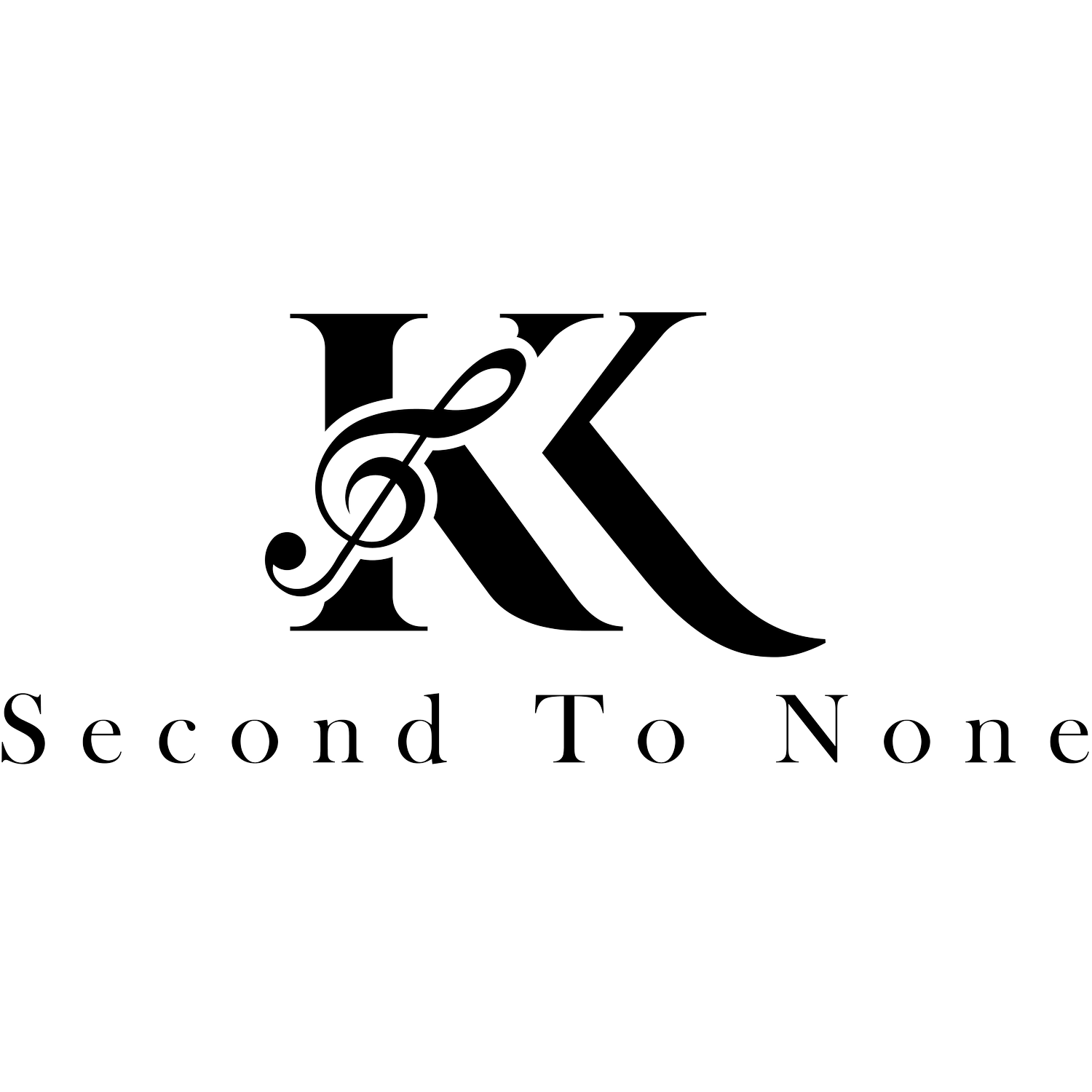Hip-Hop: Are We Trending?
**Hip-Hop: Are We Trending?**
In the ever-evolving landscape of music and culture, few genres have wielded as much influence and sparked as much debate as hip-hop. Emerging from the inner cities in the 1970s, hip-hop has grown from a niche musical movement to a global phenomenon that permeates every aspect of society, from politics to fashion and beyond. Despite its undeniable impact, hip-hop continues to face challenges in gaining the widespread respect and recognition it deserves as a legitimate cultural and business force.
**The Positive Influence of Hip-Hop**
At its core, hip-hop is more than just music—it's a powerful expression of cultural identity and social commentary. Through its lyrics, beats, and vibrant art forms like graffiti and breakdancing, hip-hop has provided a voice for marginalized communities and shed light on social issues such as racism, poverty, and inequality. Artists like Tupac Shakur, Nas, and Kendrick Lamar have used their platforms to provoke thought, inspire change, and amplify the voices of the unheard.
Moreover, hip-hop has been a catalyst for cultural exchange and unity, transcending geographic boundaries and bringing people together through a shared love of rhythm and rhyme. It has influenced fashion trends, language, and even political discourse, reflecting the realities and aspirations of a diverse global audience.
**Monetary Success and Economic Impact**
Beyond its cultural impact, hip-hop has proven to be a formidable economic powerhouse. From record sales and streaming royalties to lucrative endorsement deals and entrepreneurial ventures, hip-hop artists and entrepreneurs have built multi-million dollar empires. Jay-Z, for example, has not only achieved success as a rapper but has also made significant strides in business, from founding Roc-A-Fella Records to establishing Roc Nation and Tidal.
The influence of hip-hop extends beyond music sales alone; it drives industries such as fashion, advertising, and technology. Brands recognize the marketing power of hip-hop culture, collaborating with artists on fashion lines, product endorsements, and global advertising campaigns. This symbiotic relationship between hip-hop and commerce underscores its ability to shape consumer trends and influence mainstream culture.
**The Struggle for Respect as a Business**
Despite its economic success and cultural relevance, hip-hop continues to grapple with stereotypes and misconceptions that hinder its full acceptance in mainstream society. Critics often dismiss hip-hop as superficial or glorify its more controversial elements, overlooking its artistic depth and social impact. This lack of recognition has historically translated into disparities in funding, awards recognition, and institutional support compared to other genres.
Moreover, hip-hop faces ongoing challenges in navigating issues of representation and authenticity within the industry. Artists and entrepreneurs must navigate a complex landscape where commercial success and artistic integrity sometimes collide, leading to debates about cultural appropriation, authenticity, and the responsibility of artists to their communities.
**Looking Ahead: Hip-Hop's Evolution**
As hip-hop enters its fifth decade, its evolution and impact continue to shape the cultural landscape. Artists are leveraging their platforms not only to entertain but also to advocate for social justice, education, and economic empowerment. A lot of artists have dedicated themselves to causes that affect the communities that they were raised in. Initiatives like Jay-Z's Shawn Carter Foundation, Meek Mill Reform Alliance, and Kodak Black community development efforts exemplify hip-hop's potential to drive positive change beyond music.
Ultimately, hip-hop's journey from the inner cities to global dominance underscores its resilience and enduring relevance. It challenges us to reconsider preconceived notions about culture, creativity, and commerce while celebrating its contributions to art, entrepreneurship, and social progress. As hip-hop continues to evolve and mature, its influence will undoubtedly leave an indelible mark on future generations, cementing its place as a transformative force in music, business, and society at large.
